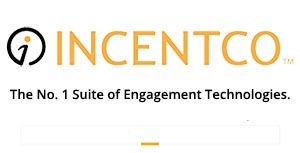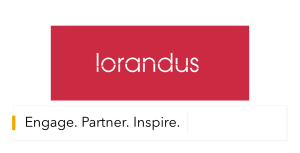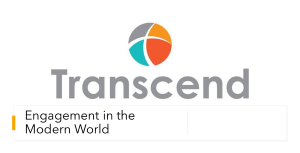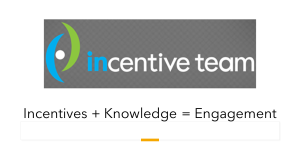While the crisis has only just begun, leaders must begin to look ahead. This analysis aims to project what business will look like post-pandemic, assuming that the world’s experience with the disease is no worse than China’s so far. With the disease still running its course, it’s almost impossible to guess the short-term impact on our lives and the economy. No one knows how the virus, or all the people affected by it, will behave around the world or how gravely it will affect the long-term economy, but such uncertainty cannot stop business leaders from trying to look ahead.

Momentous events have long-term repercussions on society, culture, and business. They can change behaviors and marketplaces and the topics on peoples’ minds for months or even years and affect their tastes and activities and what they do with their lives, both in work and business. For those of us in the business of helping readers or clients anticipate the future, it’s both a responsibility and a challenge to put predictions in writing, based not on crystal balls or business biases, but on experience. Those who plan ahead will have an advantage over those who don’t, and it will not be difficult to look back to see the scorecards.
These predictions are based on having worked in business during the doldrums of the late 1970s and early 1980s when interest rates neared 20%; during the 1987 stock market crash, the dot-com boom and bust, the 9/11 attack and the subsequent wars, and the Great Recession. From a societal perspective, these projections come with the experience of having lived during the later years of the anti-war and civil rights movements, with urban riots and the assassination of Martin Luther King Jr.; hijackings and domestic terrorism; the counter-culture movement; the jazz and folk, psychedelic, punk, disco, world music and rap eras; the Libya crisis and Grenada invasion; the Internet and social media revolutions, gender-freedom movement, and now, the equivalent of an alien invasion in the form of a virus insidiously attacking us all.
Coming: Even More Focus on Humanity and Leadership
This attack on all of humanity will invariably put even more focus on humanity and leadership. As in times of war and terrorist threats, there will be more “nesting behavior” and focus on one’s home, family, and joys. We will see more emphasis on spiritualism; greater appreciation for family and friends and the “simple” things in life. As the busy park trail heads in shelter-at-home regions already prove, we will see increased interest in nature and exercise, and an even greater appreciation for travel, experiences and social interaction when the all-clear sounds. Yes, despite the risk of illness and the threat to our livelihoods, people are out on those trails laughing with friends and saying hello even as they keep their physical distance.
From a macro-economic standpoint, this attack on humanity will only accelerate the Stakeholder Capitalism and other related efforts for leaders to finally respect and measure the importance of people—an organization’s customers, employees, suppliers and distribution partners, and communities. It will finally become clear that people really are an organization’s biggest asset, and that it's not just a saying. We’ll be hearing even more about the importance of great leadership, as the media will be profiling the “business heroes” who look after their employees, customers, and communities during these difficult times and the companies that step up to donate much-needed supplies and equipment.
Instead of during the 1990s, when the paradigm of great leadership was the ability to generate cash for shareholders or build conglomerates, the challenges needed to lead an organization in the new normal will force CEOs to finally take a more strategic and systematic approach to their culture and values and how they manage their stakeholder relationships: Covid-19 has proven that people are not just our most important asset, they are our only asset, because without them there is no commerce. There is already a lot of pressure on our legislators to make sure that public companies don’t use the proceeds of the huge bailouts to come to later buy back their stock instead of investing in people or equipment. Stock buy-backs may be out of fashion for a while after the recovery occurs.
The companies that survive and thrive will not only be those with a strong financial foundation but those whose leadership seizes the opportunities in the disruption created by any crisis of this magnitude and rallies all their stakeholders to weather the storm. The model will be companies like WD-40, whose CEO, Garry Ridge, during the Great Recession made a point of retaining his employees even as the company’s manufacturing marketplace practically evaporated: the company’s business roared back after the recovery began.
There Will Be Economic Winners
All Americans feel devastated by the losses of jobs in travel, transportation, and hospitality; restaurants, live entertainment and sports; brick and mortar retail, oil and gas and other industries, but on the other hand, others will thrive. Deprived of so many ways to spend their money, without daily commuting costs and much lower energy prices, with the possibility of getting cash from the government and no need to pay taxes until summer, the vast majority of Americans who remain employed likely will fuel growth in health care and pharmaceuticals; packaged goods; essential foods, such as chicken, and specialty foods for treats; wines and liquors; streaming entertainment and online gaming, including more live streaming events and concerts; even more social media; online learning and self-improvement; home delivery of any kind permitted; pet adoption and care; print and audio books; home appliances, comforts, improvement and home office products and services; outdoor and indoor exercise equipment; mobile food trucks located near trail heads and other outdoor spots; toys, hobbies and games; flowers, plants, and gardening; business and home security, guns, and even potentially such indulgences as makeup and personal care products, as women in particular begin to miss their salon visits. In the business-to-business world, winners will include the industries serving the markets above, plus trucking and logistics; online media and marketplaces; communications and engagement technologies; computer and related technology; telecommunications, and analytics to drive better decision-making during difficult times.
Covid-19 Induced Trends
More focus on communications and accountability. The crisis will accelerate the digitalization not only of work but of all stakeholder relationships. Organizations will seek to find the most direct and effective way to communicate and generate feedback, as already is being witnessed by the deluge of communications and offers now flowing into our e-mail boxes from organizations we've done business with. As with every financial downturn, this crisis will purge yet another layer of inefficiencies in operations, marketing and human resources, as CEOS are forced to do more with less. There will be more demand for accountability from marketing and human resources practices that in the past have faced much less scrutiny than manufacturing, logistics, engineering, and research, because CEOs in the past didn’t believe human capital initiatives could be effectively measured. Those that can't be measured likely will disappear in the new climate.
As happened after 2008, activities without a clear, and measurable benefit will be put to the test. For instance, big investments in expensive trade show exhibits or events without a clear ROI will undergo greater scrutiny. There will be less interest in “bright shiny objects” in human resources and marketing—ad hoc perks or other “tactical” approaches to engaging people with little connection to the bottom line or other key organizational objectives. Activities that were done year after year during good times will suddenly be subject to triage unless their necessity can be proven. Economic disruption blows holes in the common practice of managers doing business with or employing buddies that especially exists in fields or practices that can’t easily be measured. More marketing, loyalty, promotion, incentive, recognition, trade show and other programs without demonstrated value will fall by the wayside or be revamped.
More one-to-one marketing and helpful communications. The Covid-19 crisis will further accelerate online research, buying and information-sharing by both consumers and business people, and use of web video meetings will only accelerate. Online information and marketplaces will thrive because they don't rely on travel or paper. The need to identify and build relationships with customers over time, and the increasing desire for transparency and integrity, will put more focus on internal and external marketing that is informative and helpful, rather than hard sell, because that approach will appear tone-deaf to many.
Increased focus on social responsibility. Americans have a remarkable history of rising to the occasion and reaching out to help their neighbors. After everything we are going through, one can only expect that more business leaders will support their employees’ efforts to help their communities both during the crisis and beyond.
An enormous transfer of talent. The importance of talent will be highlighted as organizations are forced in a matter of days or weeks to release in some cases highly valuable talent with extensive knowledge of their jobs, their companies and the marketplace who will be sorely missed when the recovery occurs, especially if some of that talent ends up at a competitor. Companies without a knowledge management strategy will suffer even more.
More engagement, less complacency. There’s nothing like a crisis to get people engaged. Those people who remain on the job likely will be more focused on their work, because they will be grateful to have the job and likely will be working exceptionally hard, and because the concept of “doing things the way we always did them” rarely flies in emergency conditions.
Less glitz, more authenticity. Overall, there will be a greater respect for authenticity. There is less desire for showiness during a time when so many people are suffering economically, physically, and emotionally. Weeks or more spent around the house in casual attire may result in more down-to-earth fashions for a while after normalcy returns: casual may be the new chic for a while.
A new appreciation for age and wisdom. During times of crisis, people look for experience. The leadership role of people once deemed elderly, epitomized by Dr. Anthony Fauci, the 79-year-old director of the National Institute of Allergy and Infectious Diseases, and the bad press the Millennials are getting for the narcissistic behavior displayed by some of them, promises to put a more favorable light on the expertise and wisdom that can come with age.
Master the Principles of Enterprise Engagement to Achieve Organizational Goals and Enhance Your Career
-
Profit from a new strategic and systematic approach to engagement to enhance your organization’s brand equity; increase sales, productivity, quality, innovation, and safety, and reduce risks.
-
Get trained to become a Chief Engagement Officer for your organization.
-
Learn how to create Sustainability or Integrated Reports for Your Organization or Clients.
Enterprise Engagement Resources: EEXAdvisors.com provides the only curated online marketplace to access hundreds of solution providers in all areas of human capital management and enterprise engagement throughout the world.
Communities: The Enterprise Engagement Alliance and Advocate and the Brand Media Coalition free resource centers offering access to the latest research, news, and case studies; discounts, promotions, referrals, and commissions, when appropriate to third-party solution providers from participating coalition solution provider members.
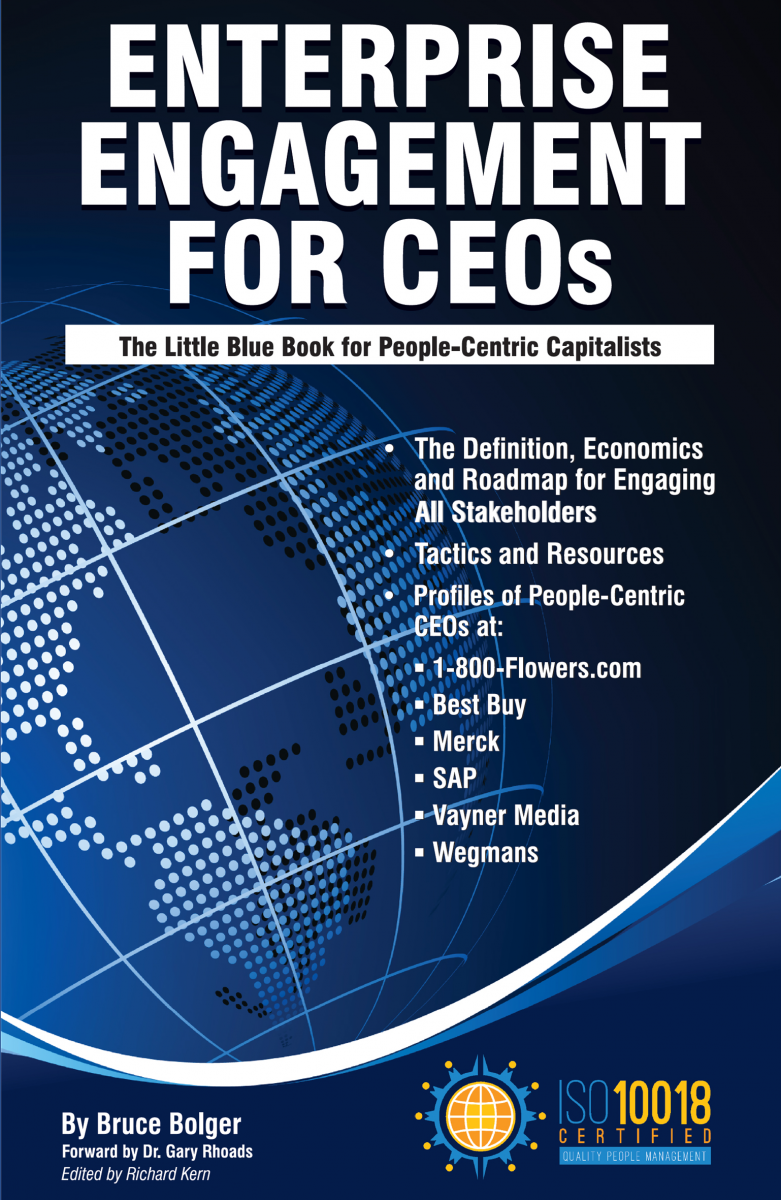
In Print:
Enterprise Engagement: The Roadmap 5th Edition
The first and most comprehensive book on Enterprise Engagement and the new ISO 9001 and ISO 10018 quality people management standards. Includes 36 chapters detailing how to better integrate and align engagement efforts across the enterprise. (312 pages, $36.)
 Online:
Online:
10-minute short course: click here for a 10-minute introduction to Enterprise Engagement and ISO standards from the Coggno.com learning platform.
Services:
• The International Center for Enterprise Engagement at TheICEE.org, offering: ISO 10018 certification for employers, solution providers, and Enterprise Engagement technology platforms; Human Resources and Human Capital audits for organizations seeking to benchmark their practices and related Advisory services for the hospitality field.
• The Engagement Agency at EngagementAgency.net, offering: complete support services for employers, solution providers, and technology firms seeking to profit from formal engagement practices for themselves or their clients, including Brand and Capability audits for solution providers to make sure their products and services are up to date.
• C-Suite Advisory Service—Education of boards, investors, and C-suite executives on the economics, framework, and implementation processes of Enterprise Engagement.
• Speakers Bureau—Select the right speaker on any aspect of engagement for your next event.
• Mergers and Acquisitions. The Engagement Agency’s Mergers and Acquisition group is aware of multiple companies seeking to purchase firms in the engagement field. Contact Michael Mazer in confidence if your company is potentially for sale at 303-320-3777.
Enterprise Engagement Benchmark Tools: The Enterprise Engagement Alliance offers three tools to help organizations profit from Engagement. Click here to access the tools.
• ROI of Engagement Calculator. Use this tool to determine the potential return-on-investment of an engagement strategy.
• EE Benchmark Indicator. Confidentially benchmark your organization’s Enterprise Engagement practices against organizations and best practices.
• Compare Your Company’s Level of Engagement. Quickly compare your organization’s level of engagement to those of others based on the same criteria as the EEA’s Engaged Company Stock Index.
• Gauge Your Personal Level of Engagement. This survey, donated by Horsepower, enables individuals to gauge their own personal levels of engagement.
For more information, contact Bruce Bolger at Bolger@TheEEA.org, 914-591-7600, ext. 230.


 Online:
Online: 






